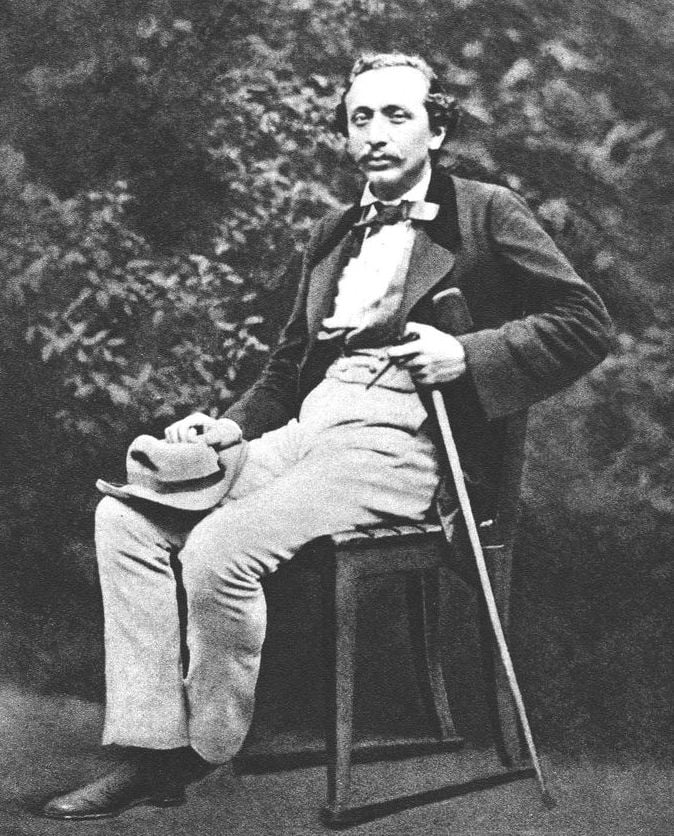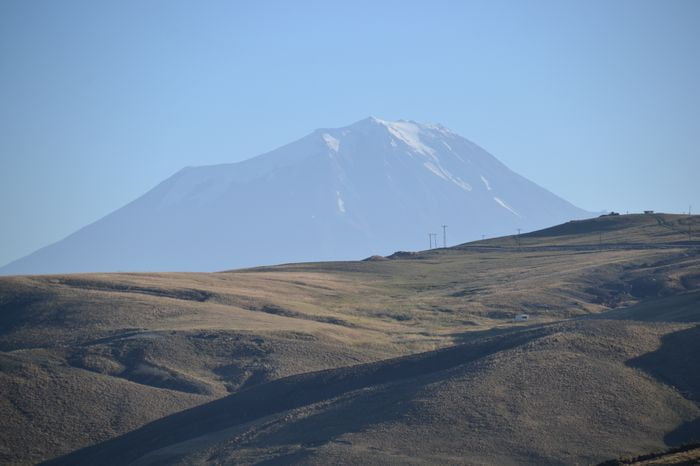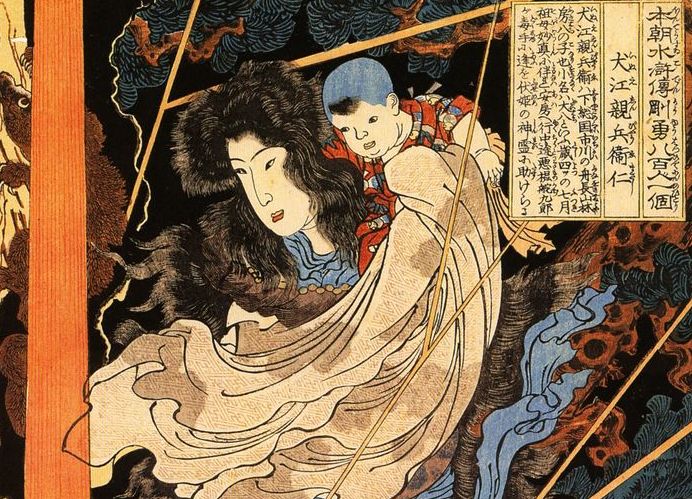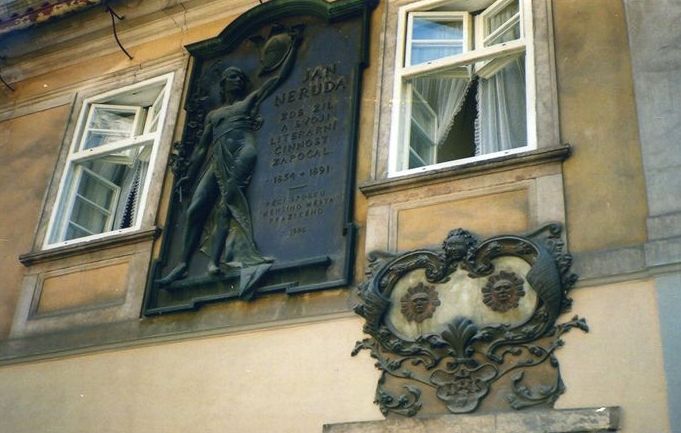Czechoslovakia
Introduction
Czech literature is usually considered as beginning with the writings of the great reformer, John Huss, who was born in the 1360`s. He was a man of wide interests. For a time he was rector of the University of Prague, and in 1415 was burned at the stake in Constance for his heretical preachings.
There are few other great names in early Czech literature, for men like Comenius are pre-eminent not so much for literary writings as for ideas. In the 16th century Bohemia fell under Austrian influence, and the use of the Czech language was either forbidden or discouraged; but with the beginning of the Nineteenth Century there came a period of great literary activity. It was during the second half of the century that writers of fiction came to the fore. Cech, Neruda, Vrchlicky, Jirasek and a dozen others were serious literary artists.
The Czech short story has been considerably influenced by the literature of the Russians, although there is perceptible in the best work of the Czechs a genuine folk element and a deep patriotic feeling.
Jan Neruda (1834-1891)
Neruda was one of the most prominent Czech authors of the Nine-teenth Century. As poet, dramatist, editor, critic, novelist, and story writer, he contributed much that was original and beautiful to the growing literature of his country. Born in Prague in 1834, he spent the greater part of his life engaged in editorial and literary work. The Vampire is a highly finished technical achievement.
The present version, translated by Sarka B. Hrbkovi, is reprinted by permission of the translator and publisher, from Hrbkova`s Czechoslovak Stories. Copyright, 1920, by Duffield & Co., New York.
The Vampire
One of the island of Prinkipo and we disembarked. The number of passengers was not large. There was one Polish family, a father, a mother, a daughter and her bridegroom, and then we two. Oh, yes, I must not forget that when we were already on the wooden bridge which crosses the Golden Horn to Constantinople, a Greek, a rather youthful man, joined us.
He was probably an artist, judging by the portfolio he carried under his arm. Long black locks floated to his shoulders, his face was pale, and his black eyes were deeply set in their sockets. In the first moment he interested me, especially for his obligingness and for his knowledge of local conditions. But he talked too much, and I then turned away from him.
Read More about The Legend of Pygmalion Part 1








